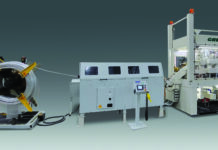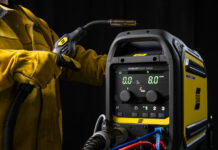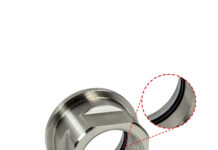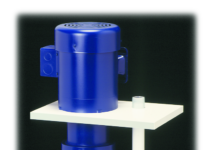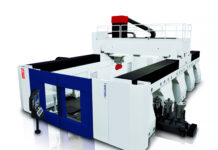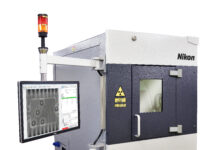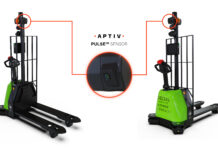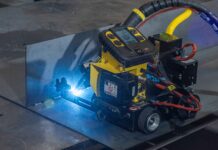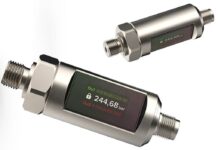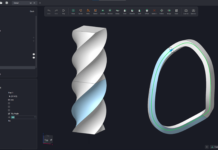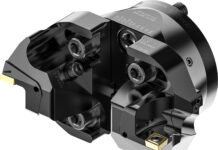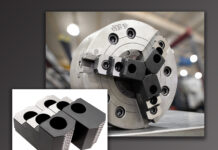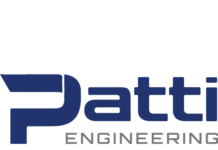Developing cost-effective robots that are autonomous and flexible to handle small batches of work at high precision without compromising on safety is crucial to deliver on Industry 4.0 promises.
Effectively advance robotics engineering and deliver on Industry 4.0 promises
Latest technologies – 5G, edge computing, machine learning (ML), artificial intelligence (AI), and advancement in vision stimulate and raise new challenges to advance robotics. Robotics OEM needs new ways to evaluate the impact of several key decisions from the design phase, such as actuator sizing, system kinematics, and dynamic limits, control logics code, etc., on robot’s energy efficiencies, performance, and reliability.
Robot manufacturers require a novel robotics engineering approach to take control of complexity and cost. This white paper focuses on applying cutting-edge simulation and testing solutions to address six major engineering challenges during robot development. The two real application cases—pick and place robots and automated guided vehicles (AGVs)—highlight how engineers can innovate rapidly with an early insight into the performance.
Download this whitepaper and discover a holistic approach using simulation and testing solutions to advance robotics engineering.
Enhance 6 key performance characteristics of robots
The performance engineering of robots is fundamental to the design and development of a new or existing robot. Robot design and development entail multi-domain challenges. Engineers need an efficient way to evaluate the complex, nonlinear, and coupled interactions of individual components. How can engineers access the robots’ performance characteristics such as working envelope, load-carrying capacity, and end effectors optimal position before prototyping?
Download this white paper and discover how robot manufacturers can effectively use simulation and testing solutions to address the performance (geometric, load, kinematic, and accuracy) challenges in their automation system.
Pick and place robot design, simulation, and testing
High-speed pick and place robots are very common across industries. This whitepaper also includes one application case of design, simulation, and testing of a high-speed pick and place robot.
The example presents a step-by-step procedure (from the design of structural components to a closed-loop simulation of dynamics, actuation, and controls) to deliver reliable robots that meet functional requirements with minimum cost.


